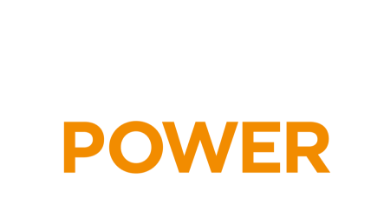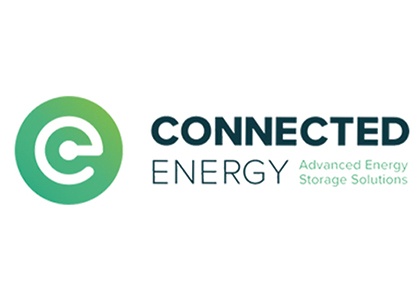Committed to mitigating climate change with sustainable battery systems for electromobility, Forsee Power designs its battery packs to be reusable into second life application, ensuring software, mechanical and electrical designs compatibility to stationary applications. Forsee Power high-energy lithium-ion battery packs, based among premium NMC cells, are a perfect match for a second life. To meet the needs of second-life battery management, Connected Energy has designed systems with a sophisticated control architecture that enable operation to be optimized to meet duty cycle-specific objectives such as degradation and efficiency targets. Systems can also be configured to respond to external parameters such as metered points on-site, energy tariff structures, and third-party APIs. Therefore, systems can offer a range of duty cycles controlled by a hierarchy of business rules.
Increasing the economic value while lowering the environmental footprint of the battery packs
After a first life in a vehicle a battery system still contains about 75 to 80% of its capacity. Below that range, the battery systems cannot guarantee the needs of the bus line but still represents a substantial energy storage capacity. Rather than recycling the battery packs at this stage, there is a great opportunity to maximize the economic value, reduce the environmental footprint reusing the packs into a stationary energy storage system.
Based on a sustainable life cycle approach, Forsee Power and Connected Energy have decided to join forces to develop a robust technical and commercial model for the deployment of second life Forsee Zen 4 and Forsee Zen 35 high-energy batteries into Connected Energy E-STOR containers and M-STOR large scale installations. E-STOR, coupled to the production of renewable energy for an autonomous usage or linked to the network for back-up or optimized energy consumption, offers modular and scalable in design stationary storage systems, offering a range of configurations suitable for the varied requirements of industrial and commercial customers, while large M-STOR installations will support necessary grid enhancements associated to the deployment of renewables.
Deploying solutions across Europe, close to battery stocks
Forsee Power is a European leader –in terms of number of customers– in smart battery systems for bus and has already equipped hundreds of vehicles across Europe, supplying OEMs like Iveco Heuliez, Wrightbus and Caetano. Thus, Forsee Power has a better visibility on the second life batteries to be available in European territories and a direct contact with their current owners. Forsee Power and Connected Energy plan to offer to these owners a second life for their Forsee Power batteries with projects with a localized and sustainable approach, minimizing routes to reduce both CO2 emissions and costs related to transport. It represents a significant commercial potential to convert the transport energy storage systems into stationary solutions that both parties, further lowering the carbon footprint of electric vehicles that are already much lower than a diesel or CNG vehicle[1] .
A first E-STOR project consisting of about 3.5MWh is expected to be deployed in H2 2023. Another very large-scale second life (~40MWH) battery facility (M-STOR) will be installed in the UK and operational from Q3 2024.
[1] Source: Carbone 4 – Road transportation: what alternative motorisations are suitable for the climate? – 2020

